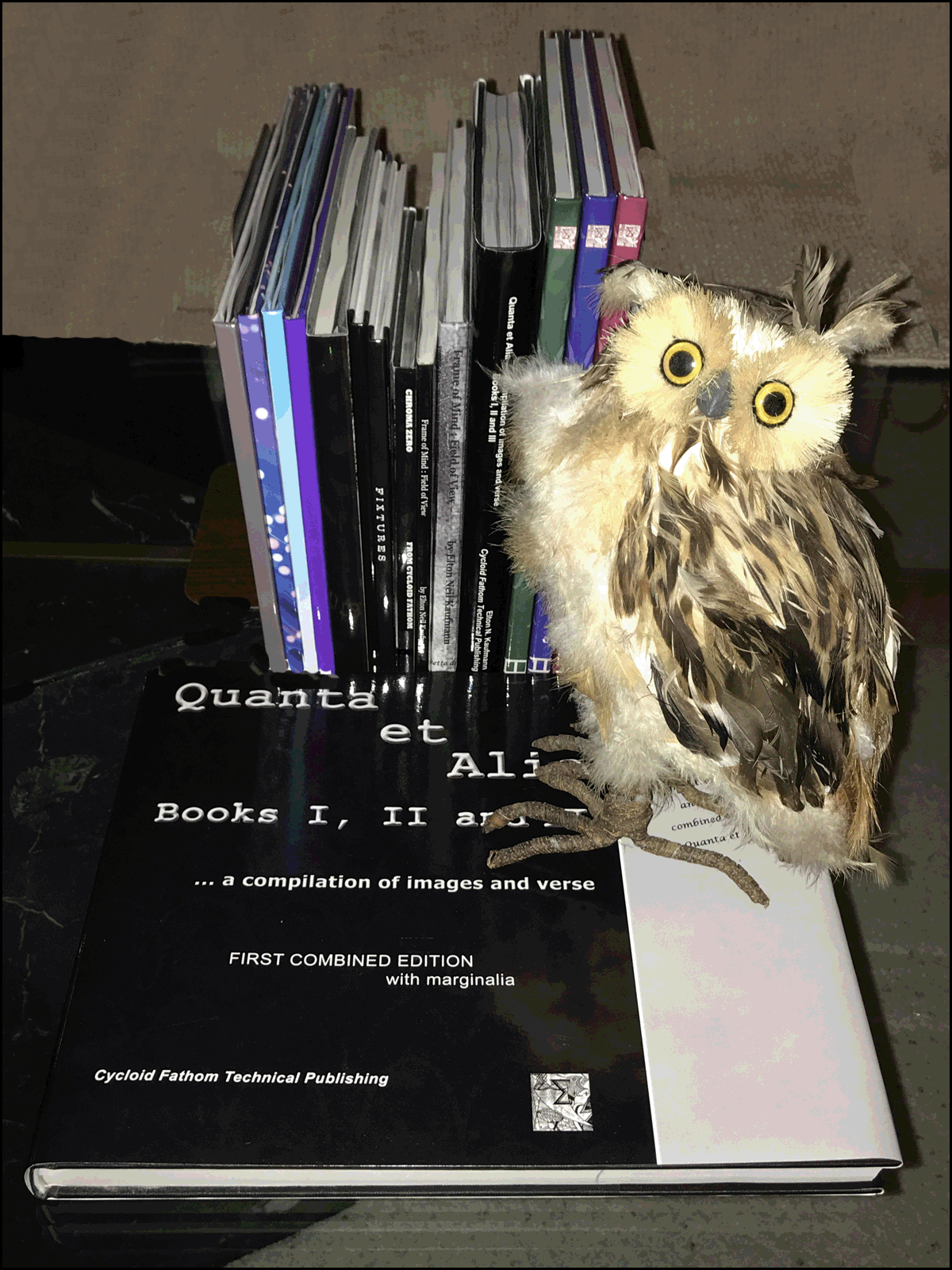First, the little things
As our readers are (painfully) aware, we often begin with tidbits of language. To wit, the definite the and the indefinite a and an are wonderful articles of English. Sadly, Japanese and Russian lack those articles. However, Japanese offers many particles that are even more fantastic. And Russian gives us case endings that are also great. Why? Because these tiny parts of speech do jobs far larger than their humble appearance. As an English speaker, what I find intriguing and mind-bending about Japanese, is that those tiny particles, formally known as postpositions, follow their companion nouns to tell us what those nouns are doing in their sentences. The Russian case endings, unlike particles, attach directly to the root of their nouns and, not unlike in Latin, tell us not only about the noun’s case in its declension but also its gender. Our English articles don’t come close to doing all that.
The articles and particles arise in a perfectly logical way from Latin where they are the diminutives of artus (part of the body) and pars (part), respectively. Among many other derived forms, they are to blame for articulate and participate, words that could slide us right into a polemic. But we’ll put that off for the moment.
How unromantic of us: You might ask, are we not disrespecting Latin’s descendants by skipping over the five Romance languages that all derive from the Latin? Somewhat, because for no rhyme or reason, they add articles that were never in the Latin they came from and because some of them put them in front and others attach them to the end of their nouns. Too haphazard to describe cogently, but definitely worth an analogy below.
Being too exhaustive can lead us down blind paths in English too. We want to avoid focusing on articles of clothing but rely heavily on articles of faith. We can save discussion of subatomic particles for another day (see our prior post, Elementary, 6 January 2025) but must contend in particular with partisan every day.
Analogy Land
Article is an alternative way to describe a post or essay like this one, but it is more often used for a piece published in a newspaper or magazine in print or online. Another related use is the naming of separate sections in a formal document like the US Constitution (seven articles) or the United Nations Charter (111 articles in 19 chapters). During arguments in court or elsewhere, we often hear a shorthand reference to an article number that illuminates the issue in question. For example, Articles 1, 2, and 3 of the Constitution define the Congress, the Presidency, and the Judiciary, respectively. Chapter 1, Article 2, Paragraph 4 of the UN Charter prohibits the threat or use of force by any member state against the territorial integrity or political independence of any other state.
These documents are old and gathering dust. We might say there are particles on their articles. (Try not to groan!)
The literal meaning of the formal term ‘postposition’ is a grammatical element that follows the noun, and it’s rare in English, but “ago” is one that I thought of a few minutes ago. More to our point here, taking a position after the fact should be called a post-position. Equally useful here is the position of a horse in the starting gate, the post, when the race begins. Although this latter meaning derives from a post in the ground rather than the concept of ‘after,’ it works for our purpose.
No, seriously: Our linguistic contortions now explain why we should worry when a long-respected ratified article is followed by, modified by, a postposition that disrespects its validity. Those kinds of dishonorable postpositions are assaulting the US Constitution and seem to favor violators of the UN Charter. That horse is out of the gate and well down the track by now. The articles of faith upon which we have relied since World War II and that we credit with maintaining a reasonably stable global peace wherein conflicts have been contained if not avoided, are being questioned.
We could try to parse the new paths that are laid out in front of us into three pots: (1) Those that are obviously misguided and are in danger of upsetting if not inverting the world order; (2) Those that are harmless self-aggrandizing silliness that no one takes seriously; and (3) Those that are novel and rule-breaking and that stand a chance of succeeding where past policies have so far failed. The current US Administration puts all their actions in pot number three. The sky-is-falling opposition puts them all in pot number one. My worry: Whereas I think a fair parsing spreads our government’s actions about evenly across all three pots, having even one in pot number one renders all the others moot.
Context matters
We are told when all of a language’s articles, particles, or adpositions (pre- or post-) fail to define the role of a noun in a sentence, we must rely on word order and context. If I say, “He is on the rise” we would know what I mean based on whether we are looking at a mountain or an org-chart.
Considering that the best and perhaps only tool we have to resolve conflicts or just to decide where to meet for lunch is language, we had better fully appreciate context and often nuance. Those little auxiliary words and endings are invaluable, as invaluable as are guttural utterances and observing body language.
In Portugal and Brazil, we hear friends referred to as “A Maria” and “O Francisco” because I guess the articles provide specificity and respect. In American English we hear our president referred to as “The Donald,” certainly for specificity but as a nickname, it is complex and can be interpreted as either flattery or derision depending on the context and who is using it. That is an example of how a lowly little article like “The” can take on a meaning all its own. Some universities insist that the leading “The” in their name is part of their official name, thus elevating the article’s stature.[1]
An unresolved controversy of the first order with which to play
Some may think this is trivia, but there is a question that has gone unanswered for as long as English has been around. The rule is that “a” or “an” is used before a noun depending on whether the noun begins with a consonant or a vowel. It has been amplified for cases such as the letter “H” to say it all depends on how the word is pronounced. The hard “H” gets an “a” and the soft one gets an “an.” But what of abbreviations and acronyms like FBI (Federal Bureau of Investigation) or LED (Light-Emitting Diode)? We don’t know how the reader will pronounce them. Will they pronounce the letters before them or say the full name that they stand for? Deciding the article preceding any acronym that begins with L, F, N, M, R, S, or X is as thorny an issue as choosing the right pronoun for an unknown gender identity. OK, intentionally facetious, but this illustrates how easy it is to escalate a minor detail (the dust) to a major article of concern, thereby rendering language, our main tool, far less useful than it should and needs to be.
Credits: “Gathering dust...” and “Mountain & org-chart” are from openAI.com’s DALL-E image generator.
Nota Bene: Others may ruminate differently. But be warned: In my case, seeing or hearing something quite trivial -- a saying, a store clerk’s mannerisms, or bad grammar on a food product’s label – triggers a stream-of-consciousness extrapolation toward grander notions and generalizations. That is what often happens in these posts. ADDENDUM: Those subscribers who have been here for a while will have noticed that at times Ruminations has veered into diatribes. I make no apology. I just want my readers to know that it’s quite intentional. When events come close to making the ‘blood boil,’ that discontent bubbles up here.
Disclaimer: Any and all opinions expressed here are my own at the time of writing with no expectation that they will hold beyond my next review of this article. Opinions are like a river, winding hither and yon, encountering obstacles and rapids, and suffering turbulent mixing of silts from its depths and detritus from its banks. But just as a river has its clear headwaters and a fertile delta, so do opinions, notwithstanding any intervening missteps and uncertainties.
Reminder: You can visit the Cycloid Fathom Technical Publishing website at cycloid-fathom.com and the gallery at cycloid-fathom.com/gallery.
Forthcoming posts (unless life intervenes)
The Substitute
…Do this, not that; Live here, not there; Use this, not that; and Fill these shoes
14 July 2025
The Purpose of Purple
…Political pigments and dichotomies
21 July 2025
Are we there yet?
…The age of patience
28 July 2025
The Permission Mission
…Le contraire du laissez-faire
4 August 2025
Our collective mea culpa
…The world will need it and we’ll need to offer it, but…
11 August 2025





